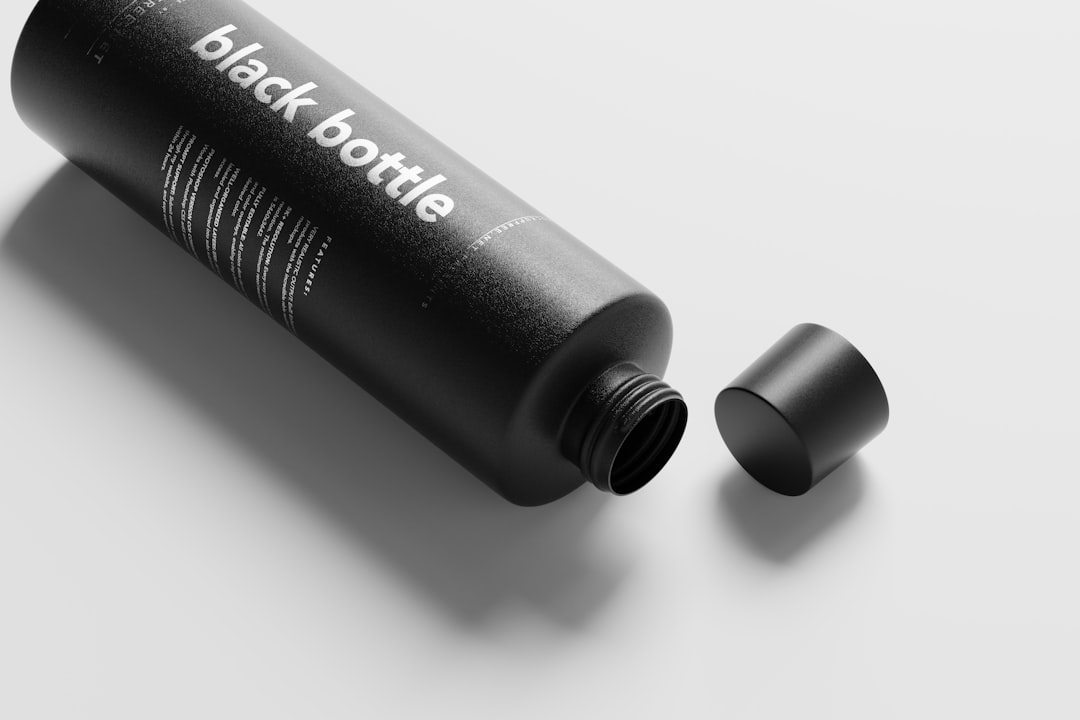For many students and professionals, finding the perfect environment to concentrate on studying can be a challenge. One powerful tool for boosting focus and productivity is background noise. While silence works for some, others find it distracting or too quiet. The right type of background noise can mask disruptive sounds, promote relaxation, and even enhance cognitive performance. Here are the seven best types of background noise for studying that can help create the ideal mental atmosphere for deep thinking and focus.
1. White Noise
White noise is a consistent, static-like sound that blends all frequencies of sound equally. It effectively blocks out other noises and distractions, making it a top choice for people who are sensitive to their environment. Whether it’s the hum of a fan or a generated white noise track, this background sound can improve attention and memory retention.
2. Nature Sounds
Sounds of the natural world — such as rainfall, ocean waves, rustling leaves, or chirping birds — can have a calming and meditative effect. This kind of ambient sound has been shown to reduce stress and anxiety, both of which can negatively impact learning and productivity.

Nature sounds also provide gentle, non-intrusive auditory input that makes it easier to get into a focused mental state.
3. Instrumental Music
Music without lyrics is often ideal for studying. Lyrics can compete for a student’s attention, particularly during reading or writing. Instrumental genres like classical, jazz, ambient electronica, or lo-fi beats are commonly used by students looking for something soothing yet engaging.
- Classical music: Often associated with the “Mozart effect” in enhancing cognitive abilities.
- Lo-fi hip hop: Popular with younger listeners thanks to its steady tempo and mellow vibe.
4. Coffee Shop Ambience
The ambient sounds of a café — soft clinks of dishes, murmured conversations, and background music — strike a balance between silence and moderate environmental noise. This kind of ambient sound has been found to stimulate creativity, making it great for tasks that require brainstorming or writing.

5. Brown Noise
Brown noise offers a deeper, bass-heavy variation of white noise. It has a richer, more calming sound quality, which can be exceptionally helpful for those who find higher-pitched tones irritating. Brown noise is particularly useful for people who need a feeling of “auditory cocooning” to concentrate fully.
6. Ambient Electronic Soundscapes
For those who need a futuristic or immersive vibe, ambient electronic music or soundscapes can foster a sense of flow. These soundtracks often lack rhythmic beats and lyrics, making them less likely to become distracting. They’re also great at setting a tone or mood — whether that’s focused, reflective, or energized.
7. ASMR Sounds
Autonomous Sensory Meridian Response (ASMR) sounds, like soft tapping, whispering, or brushing noises, can provide an intimate and soothing audio experience. While not for everyone, some find ASMR to be highly effective in relieving anxiety and enhancing focus during long study sessions.
Ultimately, the best background noise depends on individual preferences and the task at hand. Trial and error may be needed to determine which auditory environment brings out your best work.
FAQ
Q: Can background noise actually improve concentration?
A: Yes, for many individuals, the right background noise can mask distracting sounds and create a consistent audio environment that promotes focus.
Q: Is it better to listen to music or white noise while studying?
A: It depends on the person. Some might prefer music for stimulation, while others find white noise more conducive to focus. Instrumental music is often recommended over lyrical tracks.
Q: Are there apps or platforms to access these background sounds?
A: Yes, apps like Noisli, Brain.fm, and YouTube channels offer curated background noise tracks tailored for studying and productivity.
Q: How loud should background noise be while studying?
A: It should be quiet enough not to overpower your thoughts but loud enough to mask distracting environmental noises. Finding the right volume is key to effectiveness.
Q: Can background noise help with sleep and studying alike?
A: Yes, some sounds like white noise and nature ambiance are dual-purpose and can aid both study sessions and sleep routines by promoting relaxation.




